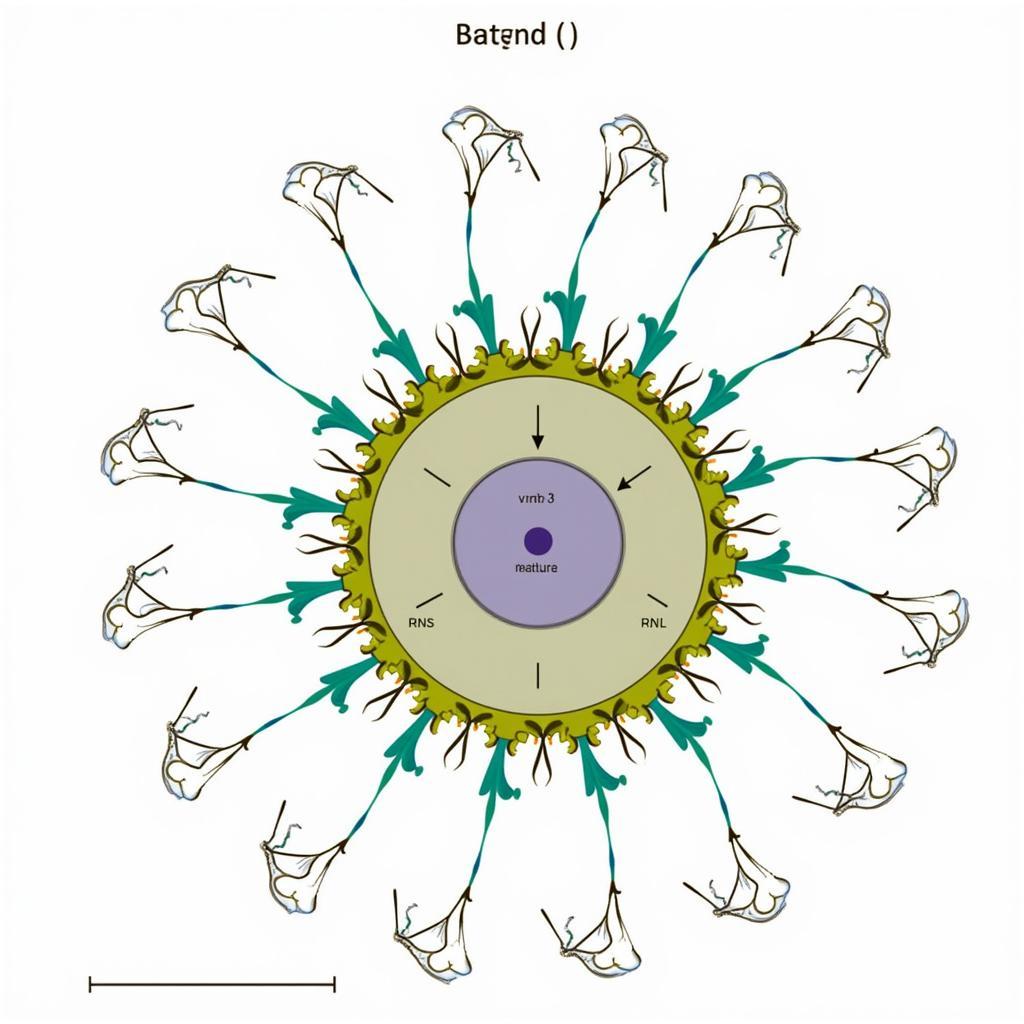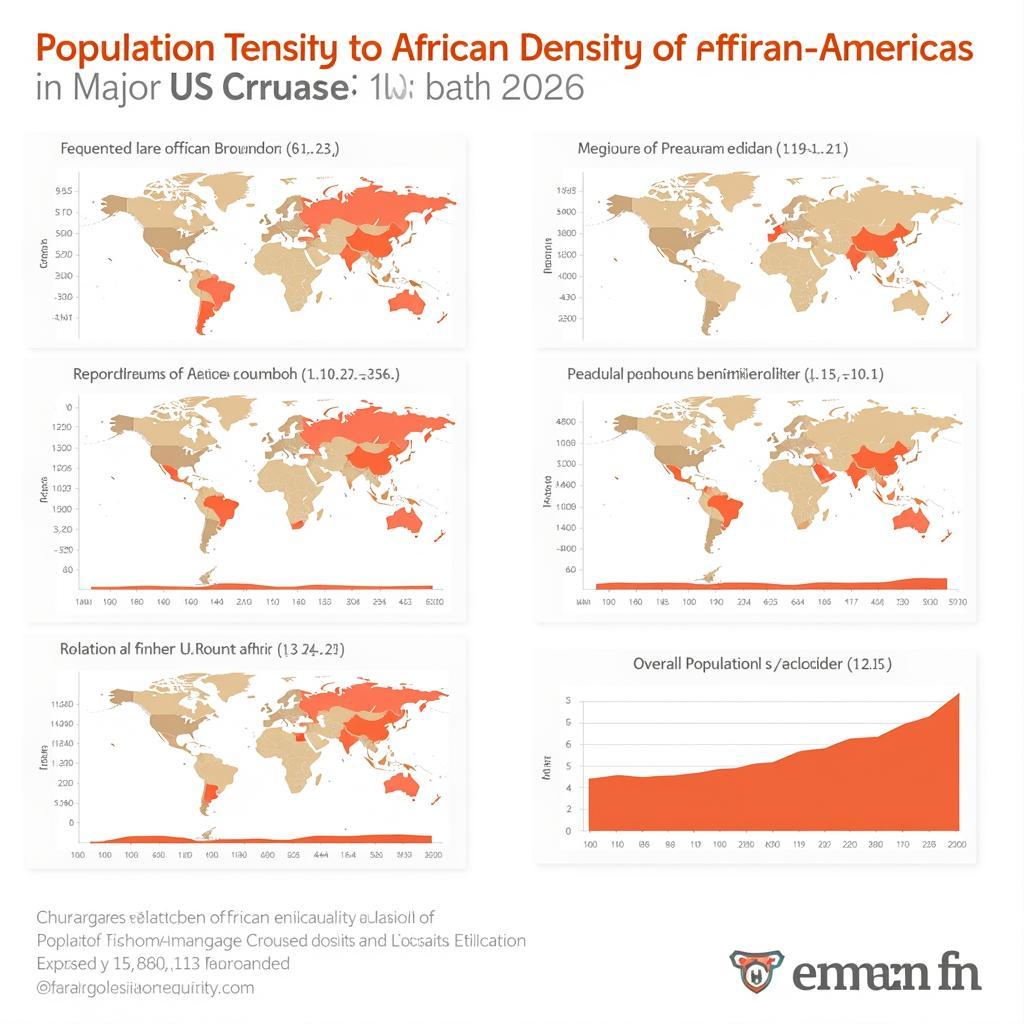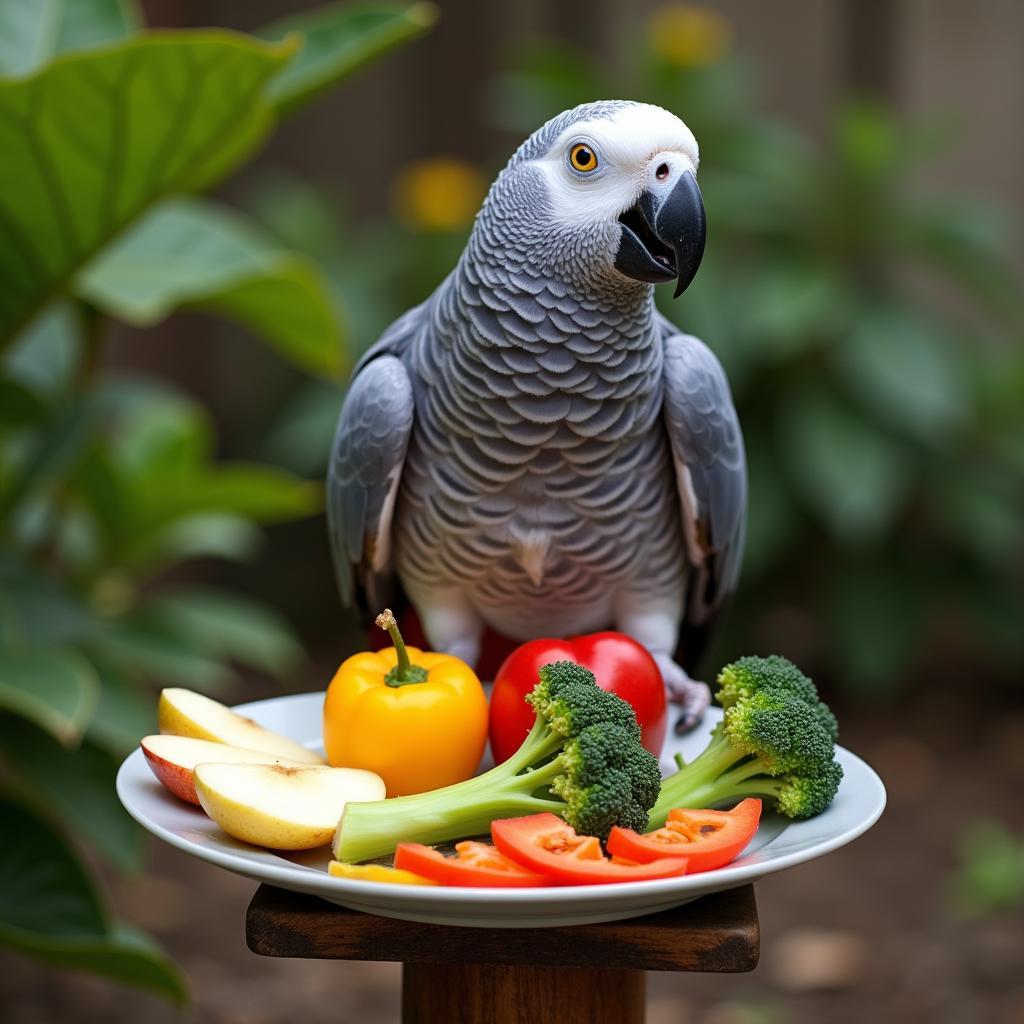Exploring the Fascinating World of the African Ape
African Apes represent a captivating branch of the primate family tree, sharing a close evolutionary relationship with humans. These intelligent and social creatures inhabit diverse ecosystems across the African continent, from dense rainforests to open woodlands. Their unique adaptations, complex behaviors, and vital roles in their respective environments make them a subject of ongoing scientific study and conservation efforts. Let’s delve into the world of these remarkable primates.
Understanding the Diversity of African Apes
The term “African ape” encompasses two main groups: gorillas and chimpanzees. Gorillas, the largest living primates, are further divided into two species: the eastern gorilla and the western gorilla. Chimpanzees also comprise two species: the common chimpanzee and the bonobo, known for its unique social structures and peaceful nature. Each species exhibits distinct physical characteristics, social behaviors, and dietary preferences, adapted to their specific habitats. For instance, gorillas are primarily herbivores, consuming large quantities of vegetation, while chimpanzees have a more varied diet, including fruits, leaves, insects, and even small mammals. Understanding these differences is crucial for effective conservation strategies. After reading about the relationship between African apes and humans, you might be interested in learning about the “African ape man” discussions. african apes and humans
The Social Lives of African Apes
African apes are highly social animals, living in complex groups with intricate hierarchies and communication systems. These social structures play a vital role in their survival, facilitating cooperation in foraging, defense against predators, and raising young. Within these groups, individuals form close bonds, engage in play behavior, and demonstrate remarkable intelligence through tool use and problem-solving. How do African apes communicate? They utilize a combination of vocalizations, facial expressions, and body language to convey a wide range of emotions and intentions. Observing these interactions provides valuable insights into their cognitive abilities and social dynamics.
Conservation Challenges and Success Stories
Despite their resilience, African apes face numerous threats, primarily due to habitat loss, poaching, and disease. The expansion of human settlements, agriculture, and logging activities encroaches upon their natural habitats, reducing their access to vital resources and increasing the risk of human-wildlife conflict. Poaching for bushmeat and the illegal pet trade further decimates their populations. However, dedicated conservation efforts are making a difference. Organizations and local communities are working together to protect remaining habitats, combat illegal activities, and promote sustainable practices that benefit both people and apes. What can be done to further protect African apes? Continued support for research, anti-poaching initiatives, and community-based conservation programs is essential for ensuring the long-term survival of these magnificent creatures. Did you know about the controversial remarks linking an “African ape” to President Obama? african ape obama president
What is the biggest threat to African apes?
Habitat loss is the biggest threat.
Are all African apes endangered?
Yes, all four species are considered endangered or critically endangered.
What are the two main groups of African apes?
Gorillas and Chimpanzees.
You might be interested in exploring different cultures and even South African hairstyles. south african hairstyles The term “African ape man” is often used in a derogatory and racist manner. It’s important to use respectful and accurate terminology when discussing African apes and humans. african ape man Perhaps you’d be interested in learning about the African influences present in a Gujarat tribe in India. gujarat african tribe
Conclusion
The African ape stands as a symbol of the continent’s rich biodiversity and evolutionary heritage. Understanding these remarkable creatures, their challenges, and the ongoing efforts to protect them is crucial for ensuring their continued existence. By supporting conservation initiatives and promoting responsible interactions with nature, we can contribute to a future where both humans and African apes can thrive.
FAQ
- What is the lifespan of an African ape? African apes typically live for 30-50 years in the wild.
- How intelligent are African apes? African apes are highly intelligent, capable of using tools, solving problems, and displaying complex social behaviors.
- What is the difference between a gorilla and a chimpanzee? Gorillas are larger and primarily herbivorous, while chimpanzees are smaller and have a more omnivorous diet.
- What are the main threats to African apes? Habitat loss, poaching, and disease are the primary threats to African ape populations.
- How can I help protect African apes? Supporting conservation organizations, advocating for sustainable practices, and educating others about their importance are all ways to help protect African apes.
- Are there any sanctuaries for orphaned or rescued African apes? Yes, several sanctuaries across Africa provide care for orphaned and rescued apes.
- Can I see African apes in the wild? Yes, it’s possible to see African apes in their natural habitats through responsible ecotourism.
Further Questions
- What are the specific dietary requirements of each African ape species?
- How do African ape social structures differ between species?
- What are the latest research findings on African ape intelligence and communication?
- What are the ethical considerations surrounding tourism involving African apes?
For support, contact us at: Phone: +255768904061, Email: kaka.mag@gmail.com or visit us at: Mbarali DC Mawindi, Kangaga, Tanzania. Our customer service team is available 24/7.



